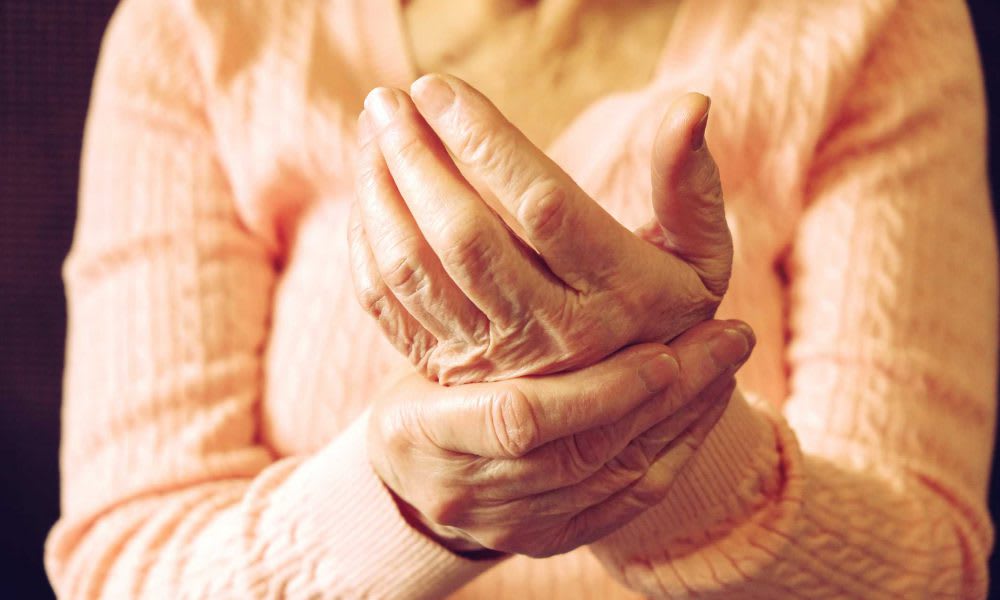Well-trained nurses fill so many different roles that it is sometimes impossible to define their work in one word. Often people do not realize that a home nurse is more than just a nurse. In reality, they have seen them work and realize that without them, home care and the health care system in general could not be sustained. Want to know more about a home care nurse? Read on!
-
She Is Not Just a Nurse, She Is an Educator
An essential part of her profession is teaching the patient and their loved ones how to manage an illness or condition, and what the diagnosis the doctor has given them means. She teaches children and adults how to manage symptoms, follow treatment and take care of themselves.
Sometimes this education is about something specific: how to change a bandage or how to interpret the symptoms of low blood sugar in the case of diabetes. These directions seem abstract, but it is precisely the ability to present possible scenarios and the actions the patient needs to take that makes the patient learn.
As medical services have become more complex, more and more nurses are also responsible for teaching patients how to navigate the health care system, including how to access care. So if you have questions as a patient, your caring nurse will be the first person you can ask.
2- A Home Care Nurse Also Builds Bridges
As the first line of care, nurses have a great responsibility to provide the best possible care to their patients while embodying the values and mission of the health care organization to which they belong. They are the ones who constantly build bridges in the relationship of the patient and their loved ones with physicians and other health care professionals. Often, the patient feels more comfortable when they are talking with their doctor and the nurse is present, because they feel much closer to her, due to the emotional and physical contact they have with her every day.
Often these bridges are built between the patient and their loved ones when the wear and tear of daily care has affected communication between them. The nurse has a lot of experience in human relationships in the health field, as well as in the conflicts that arise from them, and is therefore a very valuable link in the communication between the patient and his or her loved ones, when they need it.
3- Expert Advisor
As a patient or family member of a patient receiving home care, if you have questions or need advice regarding your well-being, ask your nurse!
Nurses have the privilege of building relationships with patients that physicians and other health care professionals rarely experience. By answering questions and listening to concerns, a nurse acts as an ambassador for a patient. And sometimes, even if you don’t know all the answers, listening and asking the right questions can help the patient or family member choose the best path to recovery.
The familiarity between the nurse, patient and family can be an additional source of comfort and peace for the patient and even for the family, who may feel stressed, guilty or anxious about their loved one’s health.
4- Patient’s Advocate
A professional nurse is trained in ethics and respect for patients’ rights. They are certainly the natural advocates for patients and are often a patient’s strongest voice, as their relationship and time spent with them is different from that of other caregivers or health care professionals. The nurse knows how the patient is feeling and has a strong understanding of the patient’s condition and the change or presence of new symptoms. She often intervenes on behalf of the patient by suggesting changes in care plans.
5- The Confident
In addition to the weight of their work, nurses must often add the weight of their patients’ tribulations and confidences. Because of their professional oath, nurses adhere to strict standards of privacy, preserving the confidentiality and dignity of patients. It is often difficult for them to decide whether to break that trust, especially when dealing with mentally ill patients who are likely to harm themselves. But it is clear that a home care nurse maintains the confidentiality of ALL patient health care information.
There you go! So the next time you think of a home care nurse, perhaps you should think of a multi-dimensional professional and not just the portrait hanging on the hospital wall of the nurse asking for silence. Did you employ a home care nurse before? Share with us, in the comments below, your experience with her.






